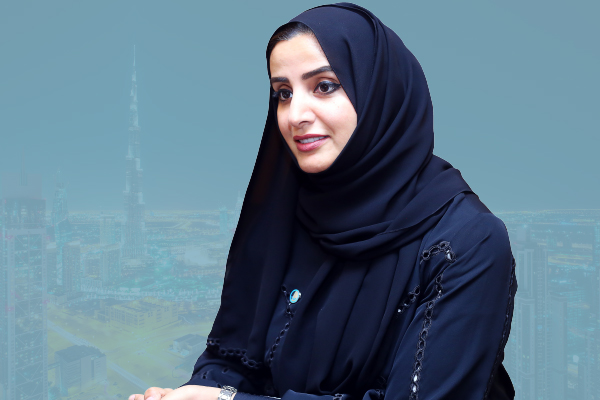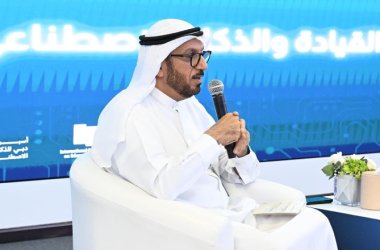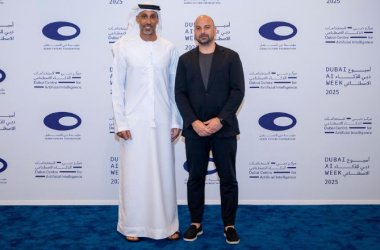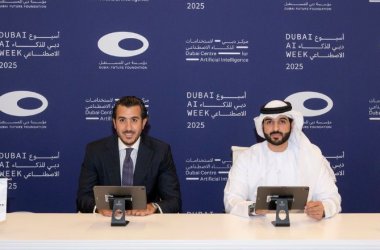Dubai’s quest to become the world’s smartest city has received a strong ethical grounding with the unveiling of guidelines for the use of Artificial Intelligence (AI).

The new ‘Ethical AI Toolkit,’ which provides advice to individuals and organisations offering AI services, has been formulated by the Smart Dubai Office (Smart Dubai) – the government department that has a mandate to make Dubai the world’s happiest city through innovation.
Outlining the need for the new guidelines, Smart Dubai says that they will encourage organisations that deliver AI services to place a priority on fairness, transparency and accountability and that they will serve to elevate the city’s position as a thought leader in in the adoption of AI across government services and beyond.
“Our vision is for Dubai to excel in the use of technology to maximise human benefit and happiness, as well as to be a global technology standard-setter. AI plays an integral role in all of this. And with the use of AI growing exponentially across the globe, the ethical dimension of this nascent but rapidly proliferating technology is an increasing topic of discussion on the international stage,” said Dr. Aisha bint Butti bin Bishr, Director General of the Smart Dubai Office.
“There is an understanding by governments, NGOs and the private sector that AI regulation is needed, but that the field is not yet mature enough to devise fixed rules to govern it. However, organisations still require guidance and regulators still need to begin to learn how to oversee this emerging technology, but without creating restrictions that could stifle innovation. Smart Dubai’s Ethical AI Toolkit aims to provide advice in this area for all those involved in the AI sector,” she added.
As part of the toolkit, Smart Dubai has also launched the world’s first city-government endorsed AI Ethics Self-Assessment Tool. The AI Ethics Self-Assessment Tool is built to enable AI developers and operators evaluate the ethical level of their AI system, if implemented using Smart Dubai’s AI Ethical Principles and Guidelines.
Smart Dubai’s Ethical AI Toolkit was created using a benchmarking exercise and a consultation approach. Government sector entities, such as the Telecommunications Regulatory Authority, Dubai Electronic Security Centre, Dubai Health Authority, the Roads and Transport Authority, Dubai Municipality, Dubai Electricity and Water Authority and Dubai Land Department, were consulted during the initial feedback gathering, as were private sector companies including Microsoft, IBM, Google, Etisalat and PWC.
Smart Dubai is actively encouraging ongoing critiquing from across the AI community in relation to the guidelines. This feedback, combined with Smart Dubai’s research, aims to help iterate the Ethical AI Toolkit so that its framework and guidance keeps pace with technological advancements.
The office is also establishing an Advisory Board, comprising leading AI and ethics experts from the private and public sectors, who will review the guidelines and help make continuous ongoing improvements to them.
Smart Dubai says that it wants to start discussions between different stakeholders in Dubai around AI ethics and for all components in the city’s technology ecosystem to work together to achieve a unified approach and reach common agreement on becoming more responsible on the use and development of AI systems. The office highlighted that it would like to see the Ethical AI Toolkit evolve into a universal, practical and applicable framework that informs ethical requirements for AI design and use and one that offers tangible suggestions to help stakeholders adhere to the ethics principle.
The toolkit also aims to improve trust in AI systems, with confidence in them cemented by the public being able to see that companies are following the new advice that is published transparently online.





